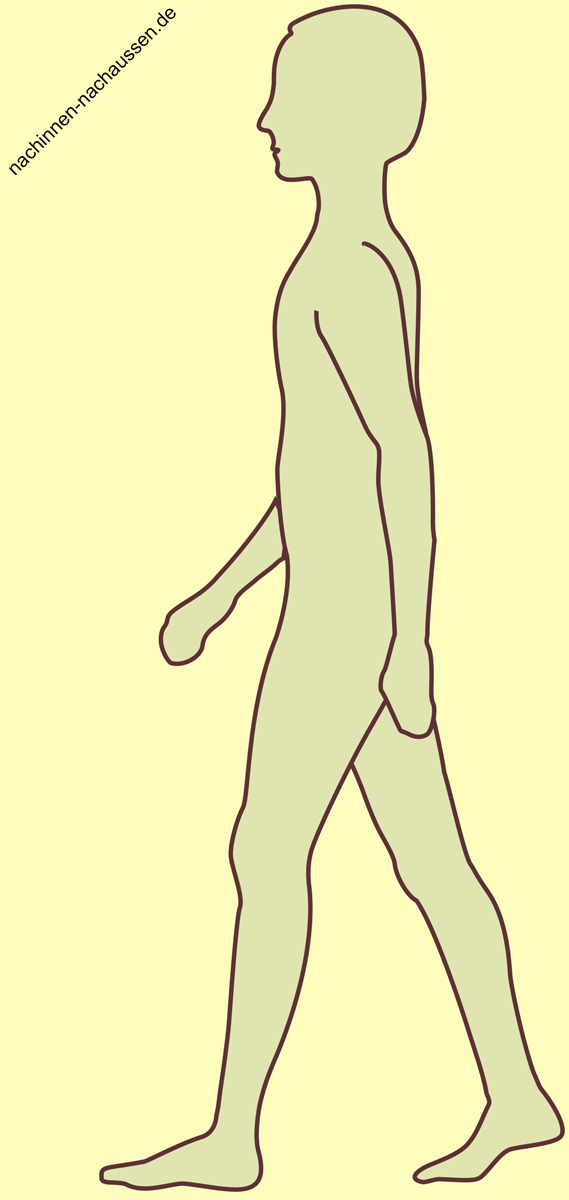Listening to our dreams
Although we all dream regularly, many people hardly ever remember a dream or some only vaguely remember a short fragment of a dream. But sometimes, we are impressed, moved or frightened by a dream and we would like to understand what the dream is trying to tell us. The meaning of some dreams is immediately clear. Others may seem bizarre and far-fetched to us and at first glance we cannot make a connection to our waking life.
In most cases, it is worth consciously examining our dreams, bringing them into the conscious present, working out essential qualities, feelings and actions and exploring how they might relate to our waking life. Dreams often help us to confront issues in our lives that we would rather ignore or that we are only vaguely aware of. Some dreams also help us to go in a direction with greater strength and determination or to face up to a decision that we have previously avoided.
In order to consciously deal with dreams, it helps to consider some characteristics of dreams. For example, dreams tend to be dramatized and exaggerated. We think that we recognize people, although they look completely different in the dream than we know them from our waking consciousness. With our dream ego, we have possibilities such as flying, transformations, changes of place and time, which differ significantly from our physicality and the space and time structure in our waking consciousness. While we are dreaming, everything seems completely real to us. Only when we wake up do we realize that we have been in a completely different reality. However, there are also so-called lucid dreams in which we are fully aware that we are dreaming and may even intervene in the dream events.
In order to fathom a dream, it is always useful not to fixate on the concrete shapes and colors and outward appearances, but to ask how we felt in the dream and afterwards, how a figure or a dream scene moves or expresses itself, e.g. whether it appears threatening or friendly, whether it proceeds decisively or hesitantly, whether it is courageous or fearful, whether it rebels or ducks, etc. Dreams often have a central action such as fearful flight or courageous resistance. Working out such elements and our experience of them usually enables us to find the connection to our waking life. However, it is less helpful to understand certain dream elements such as water, fire, night, caves, trees etc. as symbols with a fixed meaning. Dreams are always very personal and the meaning we find in them is primarily related to our personality and our own life. Of course, there are also elements that point beyond our personal horizon of experience. We can also approach these with mindfulness. After all, some dreams can also reveal insights and encounters that come from a supra-personal source. At the beginning, however, it usually makes more sense to ask about the qualities, actions, experiences and connections to our waking consciousness. Some dreams also offer us a step or a solution that was not previously available to us.
Incidentally, it is possible to learn to remember dreams better. What helps most is that we begin to engage with our dreams in the first place and appreciate them as a source of insight and understanding. To avoid forgetting dreams, it helps to write them down immediately after waking up or record them as a voice memo. And, of course, it also helps to tell a dream experience to a trusted person.

